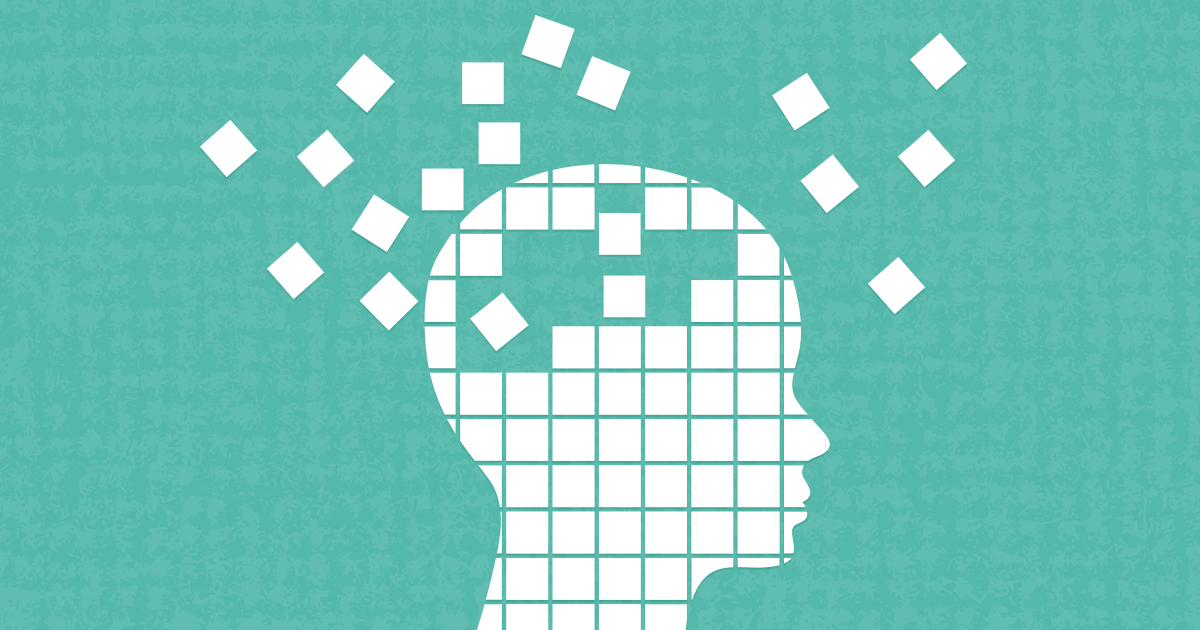
Many cancer patients who undergo chemotherapy begin treatment expecting to deal with two of its most dreaded side effects: fatigue and hair loss. But there’s something else they should be prepared to address that may be just as disruptive: cognitive impairment that makes it difficult to concentrate and perform everyday tasks. This has been shown to be particularly true for breast cancer patients.
Commonly called “chemo brain,” it’s often described as an overall mental fogginess, and breast cancer patients may find that it lasts for six months after chemotherapy ends, according to a study published in the December 2016 Journal of Clinical Oncology.
What are the symptoms of chemo brain?
According to the American Cancer Society, symptoms of chemo brain include:
- Lapses in short-term memory
- Difficulty remembering names and dates
- Problems concentrating
- Taking longer to finish tasks
- Trouble remembering common words
Past research has linked memory issues to certain chemotherapy drugs prescribed to treat many types of breast cancer. But, in one of the largest studies to date exploring chemo brain in breast cancer patients, researchers at the University of Rochester have more data to support the theory.
In comparing 581 breast cancer patients to 364 healthy adults, the researchers measured patients' perceived impairment against how the others described their cognitive function. A month after chemotherapy treatments ended, 45 percent of patients reported a significant decline in their cognitive abilities, while only one in 10 in the comparison group experienced the same issues. The problems improved over time, but they did not disappear. After six months, 36 percent of patients still felt their mental ability had declined, compared to about 13 percent of the control group.
Other treatments that may cause chemo brain
Additional research has found that other cancer treatments—surgery, radiation and hormone therapy among them—also may lead to chemo brain, because they cause inflammation in the body. “It is this secondary inflammation that seems to produce the cognitive symptoms,” says Dr. Eugene Ahn, Medical Oncologist and Medical Director of Clinical Research at our hospital outside Chicago. That’s why many in the medical community consider chemo brain a misnomer, because chemotherapy is not its sole cause.
Researchers also reported that younger women, black women and those who report higher levels of anxiety and depression were more likely to experience greater declines in brain function. “We also know that depression and anxiety can produce a vicious cycle with the cognitive symptoms since one of the causes of ‘pseudodementia’ (or non-organic cognitive decline) is depression, and breast cancer survivors are at greater risk for depression,” says Dr. Ahn.
The researchers did not hypothesize on why chemotherapy drugs appear to cause cognitive breakdowns, and they couldn’t even determine whether a direct cause-and-effect relationship exists. But they have concluded that certain people, such as breast cancer patients, are more vulnerable. That knowledge may help lead patients to tools and therapies designed to help alleviate the symptoms. “We do know that exercise and meditation and eating healthy help produce immune traits (cytokine profile) opposite of those seen in patients exhibiting ‘chemo brain’ symptoms,” says Dr. Ahn. “ I advise my patients to embrace those lifestyle changes for many more proven reasons such as reduced future cancer risk, with the added benefit that it might help hasten recovery from chemo brain.



